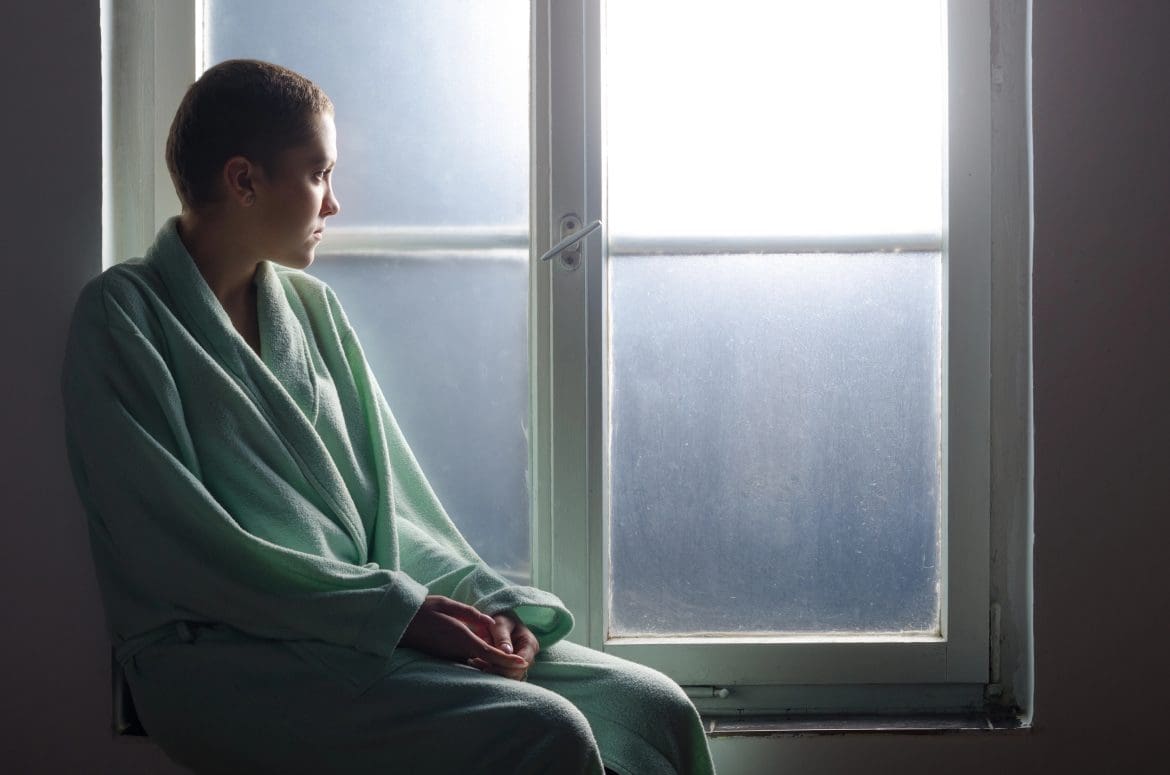April 7 is World Health Day. This should be a day when society speaks about the right of every person to life, support and respect. However, in Ukraine, this day is marked by deep anxiety: the reform of the medical and social expertise (MSEC) system, which was supposed to be a step towards modernization and transparency, has actually exacerbated the crisis of access to fair care for people with disabilities.
This is not just an administrative problem, but a violation of basic rights and humanitarian principles. When people in need of assistance find themselves in a situation where formal procedures and bureaucratic confusion displace a person as a living being, this is evidence of a deep systemic error.
The reform introduced the so-called “everyday assessment,” but in practice it has resulted in an even more impersonal process. Submission of documents has become a labyrinth without a way out: patients are “shuffled” between family doctors and narrow specialists, creating a vicious circle that can often only be overcome by corrupt “arrangements.” The assessment itself takes place in a matter of minutes, formally, often with decisions that appear to have been made in advance.
One of the main abuses is the lack of unified criteria for assessing many diseases, which opens the door to manipulation. Formally, there may be a diagnosis, but no disability is established. In cases of serious illnesses such as oncology, the assessment does not take into account the general condition of the body after treatment: the effects of chemotherapy, surgery, lack of rehabilitation – all this is ignored.
The reform has also failed to ensure effective digitalization: submission of documents in electronic form is often impossible, and an extract from a commission’s decision in electronic format is not recognized as valid in most cases. This creates additional barriers to receiving benefits, such as free transportation or access to social programs.
Among the most worrisome signs is the widespread belief that the reform is being used to covertly reduce the number of people with a documented disability. This may be due to both economic factors (increased costs due to the war) and an attempt to reduce the burden on the support system. However, an approach that prioritizes cost savings over support for those who have experienced trauma, illness, or are in a state of need of care is an alarming signal for the entire state.
The main problem is formalism. The main thing is lost: the consideration of a person as a holistic person who has the right to support not according to abstract codes, but according to the real functional state. Instead of promoting recovery and rehabilitation, the system pushes people to despair, leaving them alone with illness, trauma, and injustice.
Society has the right to demand:
- Suspend Resolution No. 1338 until the identified problems are resolved.
- Automatic prolongation of disability for those who were to be reassessed in 2025.
- Introduce a clear, understandable and impartial procedure for submitting documents.
- Obligation of primary care physicians to issue referrals, even if specialists refuse.
- Prohibitions on access to documents without the presence of the person being evaluated.
- Video recording of all decisions with mandatory justification and the right to receive a copy of the recording.
- Public declaration of income and property of all members of the commissions.
- Unification of evaluation criteria with public discussion and participation of specialized communities.
And most importantly, it is necessary to restore the principle of considering each person in their full context: as a person who has lost the ability to live a normal life. Only then can the system be not only effective but also fair. Only then will we be able to talk about a society that truly respects its citizens.
Protecting the rights of people with disabilities




